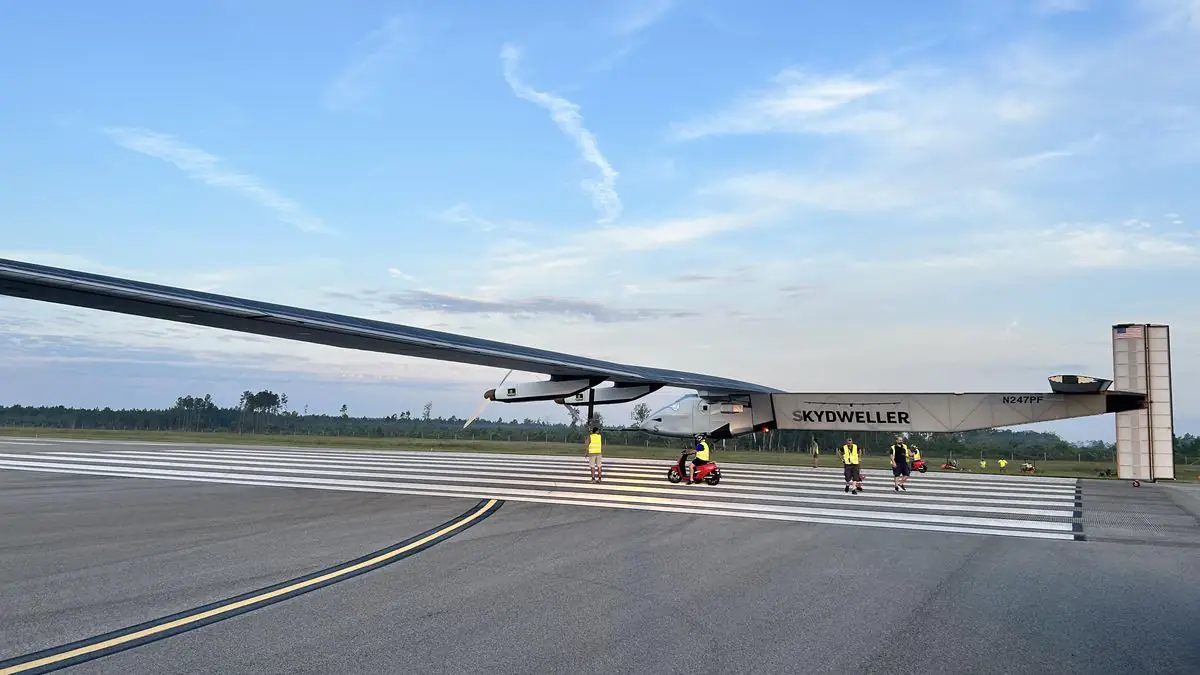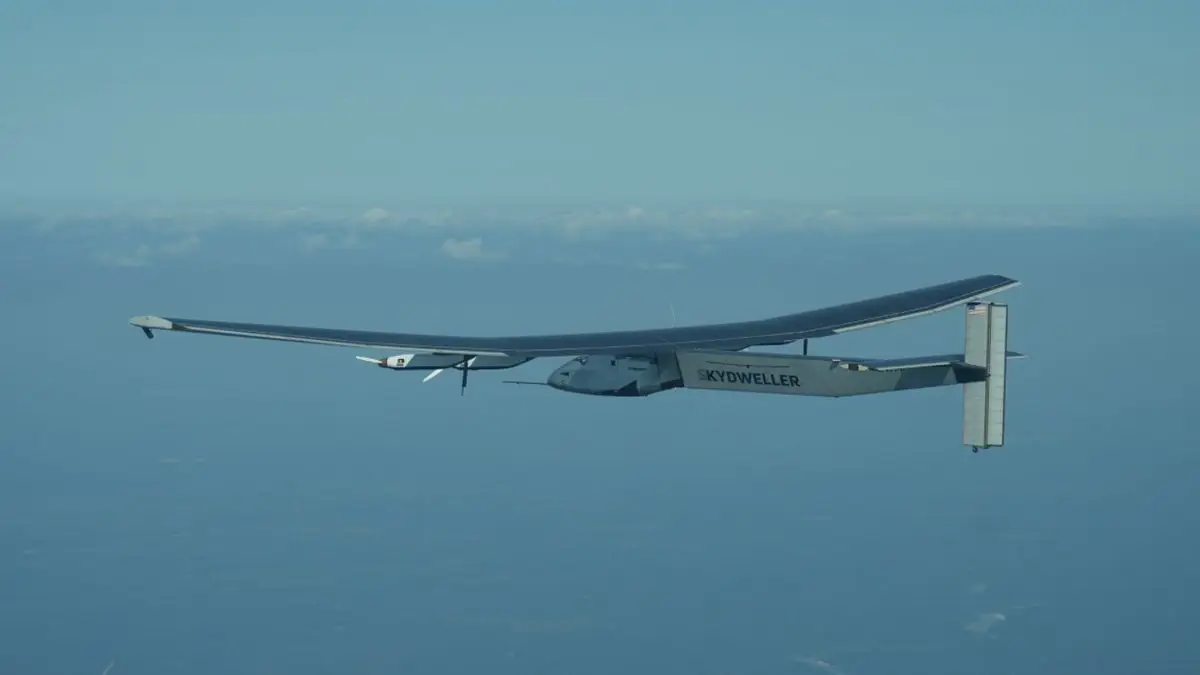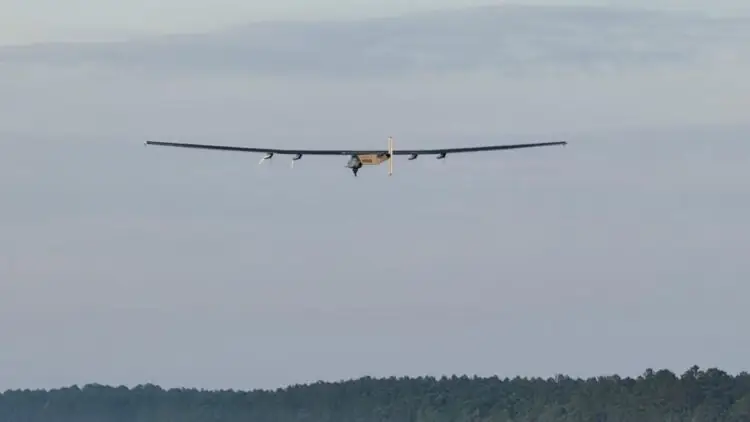The U.S. Navy successfully tested the solar-powered drone Skydweller, which maintained continuous flight for 73 hours. This was reported by representatives of NAWCAD (Naval Air Warfare Center Aircraft Division). The test flight was conducted in partnership with Skydweller Aero, launching from Stennis, Mississippi.
This extended flight demonstrated Skydweller’s ability to stay airborne using solely solar power. The system maintained communication, operated autonomously, and responded promptly to changing weather conditions throughout the entire flight.

“This demonstration is an excellent example of how NAWCAD partners with industry to provide the fleet with what it needs,” said NAWCAD Commander, Rear Admiral Todd Evans. “It also reflects the technical expertise of our personnel and our ability to turn ideas into real capabilities.”
One of the key outcomes of the testing was the verification of Skydweller’s energy system. It was confirmed that during flight, the drone can generate more energy than it consumes, maintaining a positive energy balance. Additionally, the system demonstrated strong compatibility with the U.S. Navy’s maritime intelligence and reconnaissance infrastructure.
“Integrating Skydweller into the Navy’s ISR architecture creates a multi-layered and resilient network that maximizes the capabilities of all our assets,” said Bill Macchione, head of NAWCAD’s Special Unmanned Aircraft Systems division. “This collaborative approach ensures we have the right platform for the right mission, optimizing our resources and enhancing our overall understanding of the maritime domain.”

The Skydweller drone is designed for extended patrols over large areas. Its ability to remain airborne for several days without refueling allows it to reduce the workload on manned aircraft and high-performance systems, which can then be redirected to critical or technically complex missions.
Testing of Skydweller began in 2020 in response to requests from U.S. Southern Command (SOUTHCOM), focused on countering smuggling and border protection. The drone’s capacity for continuous surveillance over vast maritime regions enhances situational awareness for both U.S. forces and their allies.
A new phase of Skydweller testing is planned for later this summer, within SOUTHCOM’s area of responsibility.
Read also:
- Turkish Company Unveils NanoAlp Reconnaissance Microdrone
- “The Drone Drops a Grenade” – or How the Pentagon Was Embarrassed
Source: ukdefencejournal









